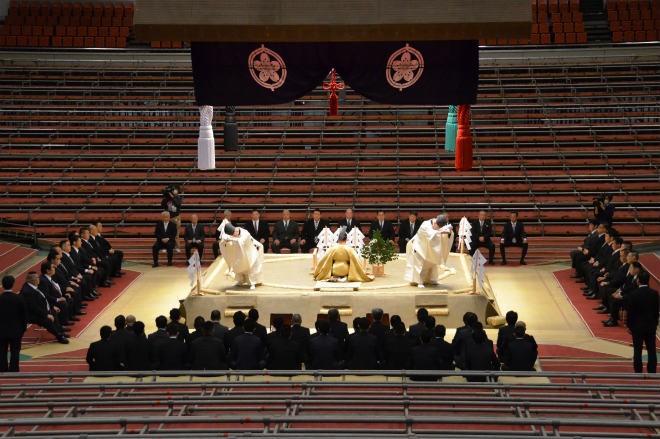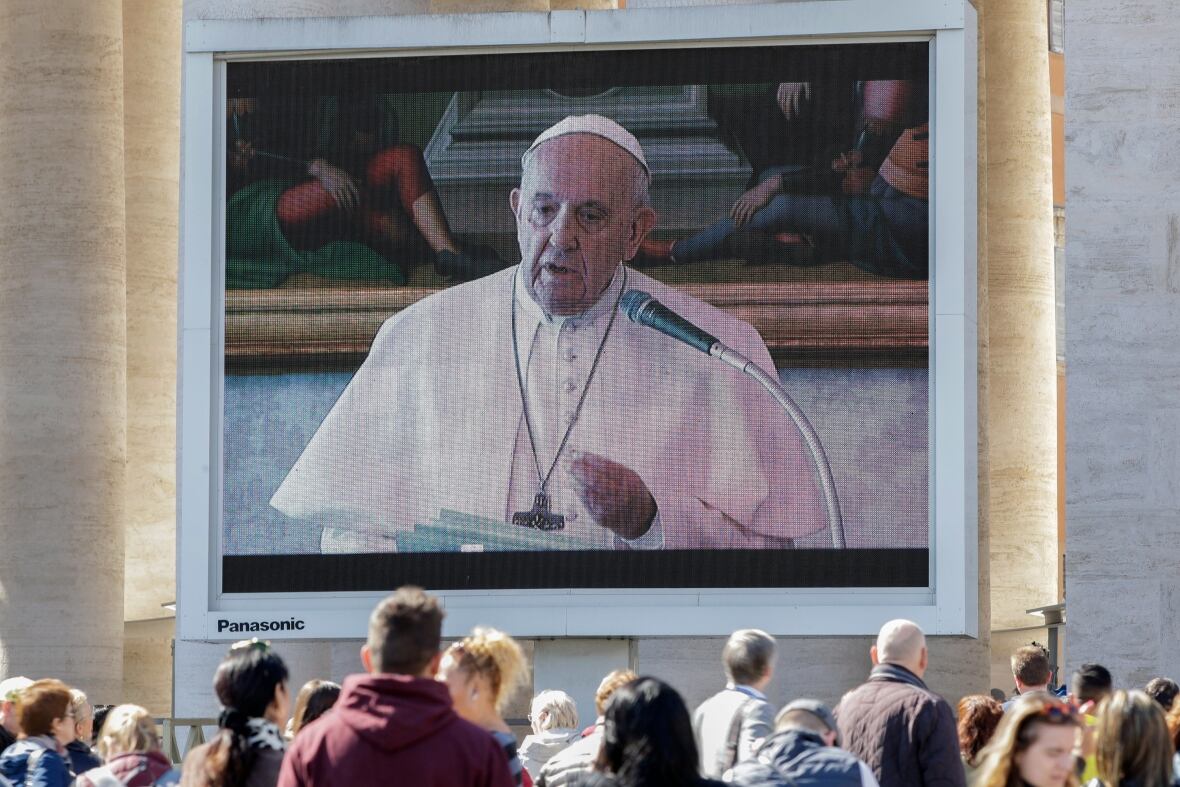8 March 2020 (Sliema, Malta) – Malta’s first case of coronavirus was detected this past Saturday in a 12-year-old Italian girl who lives on the island. The girl tested positive for the illness early on Saturday and is receiving treatment in the infectious diseases unit of the state hospital. She returned late last month from the northern Italian region of Trentino, passing through the capital Rome, with her parents and sister and reported symptoms on Friday. Two additional cases were reported as of tonight. There is no escaping it.
But I am not scared of Covid-19. What I am scared about was eloquently expressed by Razvan Prunean (a representative on European Affairs to the Global Humanitarian Aviation Organization) over the weekend:
I am scared about the loss of reason and wave of fear that has induced the masses of society into a spellbinding spiral of panic, stockpiling obscene quantities of anything that could fill a bomb shelter adequately in a post-apocalyptic world.
I’m scared those same epidemic fears will limit trade, harm partnerships in multiple sectors, business and otherwise and ultimately culminate in a global recession.
But mostly, I’m scared about what message we are telling our kids when faced with a threat. Instead of reason, rationality, openmindedness and altruism, we are telling them to panic, be fearful, suspicious, reactionary and self-interested.
There have been a reported 117,485 global infections (as of 6pm CET tonight) of the novel coronavirus. It has spawned illnesses that have claimed thousands of lives, prompted companies to rethink their supply chains and governments to declare health emergencies, and forced the cancellation of large events. The latest event to bite the dust was South by Southwest – the days long Austin, Texas festival that drew 235,000+ attendees last year and this year faced dozens of high-profile cancellations prior to Friday’s announcement. Prominent companies including Facebook, Twitter, Netflix, BMI and Apple had pulled out of the tech and culture event in recent days.
Last week I canceled my team coverage of the event. I began covering the event several years ago. Since its inception as a future-minded music festival in 1987, South by Southwest has grown to include film and technology, becoming an influential gathering for discussing and promoting new movies, artists, apps and other products – as well as a popular extended party. It now brings hundreds of thousands of people from around the world to Austin each spring, including many celebrities, politicians and CEOs.
Note: among the businesses that flowered with help from the festival is Twitter, which gained buzz when many people at South by Southwest in 2007 began using the microblogging platform.
A spokeswoman for the event declined to answer whether they had insurance covering the cancellation. We got a refund on both our hotel reservations and flights. I have an Austin-based reporter who joins my team and she said local officials called the decision a data-driven one, based on health concerns that some of the festival’s attendees would be coming from regions where the virus had spread and would be in close proximity with tens of thousands of others. As of Friday, Texas had confirmed six cases of coronavirus, all of them in the Houston area. I rather liked the response of Dr. Mark Escott, the interim health authority for Austin, who likened the situation to taking precautions when a hurricane forms in the Gulf of Mexico:
It is not clear yet how strong or impactful the storm will be, but now is the time to prepare.
And to give you an idea of the other numbers, the Austin Chamber of Commerce said it brought in $360 million in economic activity last year. The festival organizers said it generates some 55,000 hotel room night stays. The effect on the pockets of waiters, cleaners and people who set up the events was not calculated.
Side note: although the official festival was cancelled, it was unclear what would happen with the many unaffiliated concerts and parties that take place on the periphery of the event. There were more than 400 scheduled as of Friday. Austin officials said events with 2,500 or more people were now prohibited unless organizers obtained special approval.
As I noted a few weeks ago, the cancellation of the Mobile World Congress in Barcelona, Spain was estimated to cost that economy (in USD) about $600 million, and 14,000+ temp workers who rely on that event every year were devastated. As were many Barcelona restaurants. Due to the high-level status of so many attendees (MWC has the largest number of CxO attendees and participants of any technology event) a meal tab (in USD) of $120-150 is common.
The panic is also leading to a surge in technologies that had been relatively underused, such as telemedicine: providers of video-based doctor visits are seeing more business. Schools are implementing remote learning programs, with somewhat rocky starts. As Business Insider noted, parents say they appreciate their respective schools’ efforts to protect families, but they’re also struggling to balance their own jobs with their children’s less structured days.
And of course with panic comes opportunity – especially for conspiracy theorists and price gougers. As the Wall Street Journal reported in a series of articles, social-media fact-checkers are having a hard time keeping up with the misinformation, widely circulated everywhere from Facebook Groups to YouTube.
Facebook and Twitter said they’ve adjusted their search results and are directing users to authoritative public-health sources. Google is highlighting safety tips and links to information from authorities like the World Health Organization on users’ coronavirus searches. Meanwhile, Amazon and other online sellers are playing Whac-a-Mole with shady retailers selling overpriced hand sanitizer or disinfectant wipes.
Meanwhile, over in the Gig Economy, Uber, Lyft, Postmates, Instacart and Doordash are in talks to set up a fund to compensate drivers affected by the virus, highlighting the pressure they face to provide workers with broader employment protections. Even the e-discovery industry is in on the act. Three major staffing agencies have reached agreements with their law firm clients to provide remote reviews.
And there is a weird dynamic at work in the Gig Economy. Gig economy workers can’t afford to be ill. As an example, there are tens of thousands of couriers and drivers in the UK and the US classed as self-employed and therefore not entitled to any sick pay. But gig economy couriers could be called on to deliver food and other essentials to self-isolating households when the virus reaches its peak. Some industry analysts foresee the number of home deliveries doubling if people are told to work from home and avoid large gatherings (for instance, under the UK government’s so-called “social-distancing strategy”, which will kick in if the virus continues to spread across the country).
Earlier today, a small group of people watched Pope Francis on a giant screen in St. Peter’s Square at the Vatican. Pope Francis delivered his weekly Angelus prayer on Sunday, not from the window over St. Peter’s Square, but instead via video link from inside the Vatican in order to dissuade large numbers of people congregating.
 In an eerily quiet setting, a subdued Spring Grand Sumo Tournament opened in Osaka, Japan without spectators and only competitors and officials present due to the outbreak of the coronavirus in Japan. The premier Sumo competition, it is always nationally televised. Except this is the first time it was held behind closed doors since the summer tournament in 1945 near the end of World War II.
In an eerily quiet setting, a subdued Spring Grand Sumo Tournament opened in Osaka, Japan without spectators and only competitors and officials present due to the outbreak of the coronavirus in Japan. The premier Sumo competition, it is always nationally televised. Except this is the first time it was held behind closed doors since the summer tournament in 1945 near the end of World War II.

